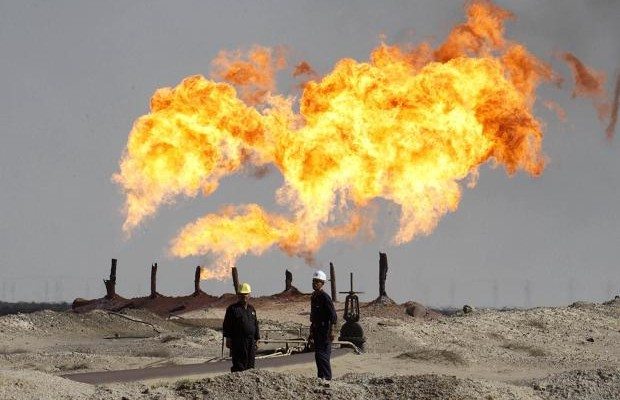Conducting Oil-Related Business in Iraq Involves Substantial Risk
Iraq’s Government Fails to Pay on Its Oil and Fuel Contracts
Investing in the oil market is a guaranteed money maker right? At the height of oil prices, the top five oil producers – ExxonMobil, Shell, ConocoPhillips, Chevron, and BP – earned nearly $120 billion in 2013. Well, not if you’re investing in Iraq.
Oil is a commodity reliant on futures trading, meaning that the buyer and seller agree on a price per barrel or ton based on their perceived value of oil twelve months later. The seller then provides a set number of barrels or tons to the buyer over a twelve month period, with the buyer paying the seller every month for twelves months based on their agreed upon price. So what’s the rub?
Both the seller and buyer invest large amounts of money in fulfilling that contract based on the agreed upon price. They also make future investments and base their annual budget on the price set in their oil contracts.
In this case, the government of Iraq is the buyer and depends on its domestic oil production for close to 90% of its revenue. This means that not only does it depend on its production, it depends on its transportation and refining as well. If the price of oil drops after it has signed contracts with oil producers, refiners, and transporters, then its budget will be adversely affected.
This was the case in 2014 when oil prices dropped over 50 percent. This means that in 2015 Iraq will owe the private companies producing its oil $18 billion and can only sell that oil for $9 billion to foreign markets.
On top of that, ISIS took over Iraq’s largest oil refinery in Baiji along with a significant chunk of Iraq’s territory in 2014. This means that not only is Iraq losing large amounts of revenue by not being able to sell the fuel refined at Baiji, it has to transport massive amounts of extra fuel hundreds of miles across country from its only port in Basra to its military forces fighting ISIS.
So how has the Iraqi government made up for the $9 billion shortfall in its budget, its loss of revenue, and the added transportation costs? As of this month, it has chosen to not pay the full contract prices for its contracts with oil producers, fuel providers, and transporters.
Instead of providing oil producers with oil equal to the price it owes them, the Iraqi government is providing them with only portions of that volume, while selling the rest to companies who pay it cash under short-term contracts. However, ExxonMobil, BP, and the other major oil producers can sustain delays in their billion dollar payments because of their massive cash reserves.
With regards to oil and fuel transporters, many companies have gone seven months now without receiving payments from the Central Bank. In order to keep the companies shipping oil and fuel, the Ministry of Oil and Ministry of Finance have diverted their own funding to partially pay these companies. However, with transportation contracts averaging only $15 million, these companies are sustaining substantial losses due to their lack of cash reserves and heavy input costs due to the long distances they must travel and the security they must provide by traveling through ISIS controlled-territory.
As of March, the Iraqi government agreed to an $833 million loan from the International Monetary Fund, but funds won’t be available to contracting companies for some time due to administrative requirements to attain the funds and inefficiencies and corruption within the Iraqi government. So, given all of these circumstances, investing in the oil market in Iraq may not be the best option unless you have enough money to sustain delays in payments.
pic www.huffingtonpost.co.uk
